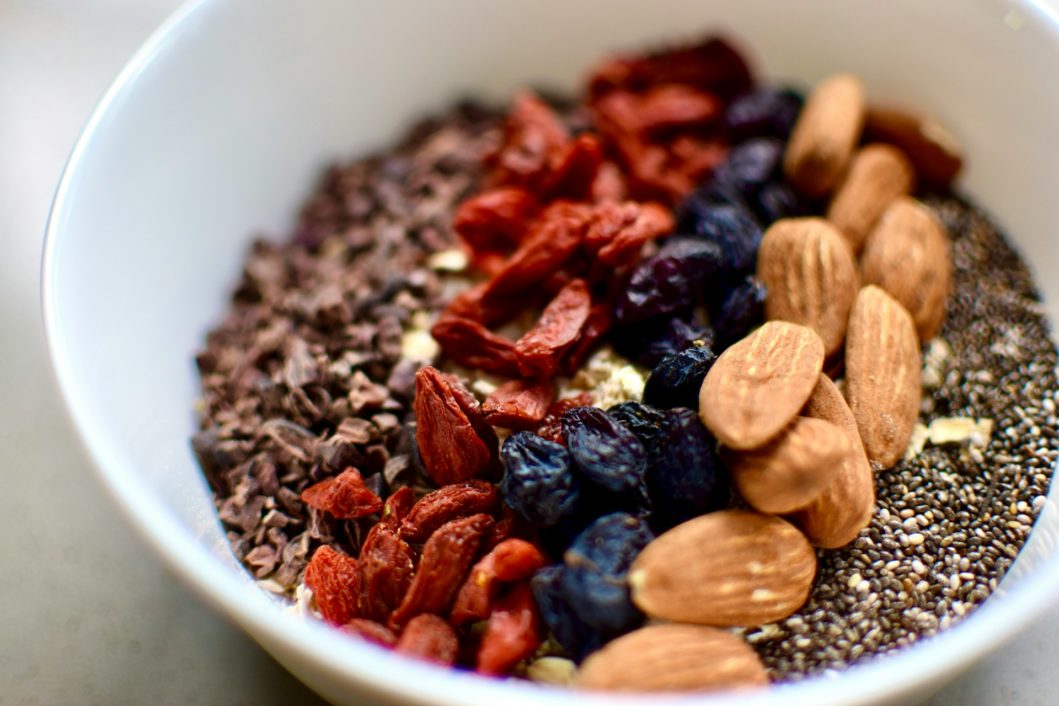In the world of professional sports, where the margin between victory and defeat can be razor-thin, nutrition plays a pivotal role in optimizing athletic performance. Pro athletes understand that their bodies are finely-tuned machines, requiring precise fueling strategies to achieve peak performance on the field, court, or track. From breakfast to dinner, every meal is carefully crafted to provide the essential nutrients needed to fuel workouts, promote recovery, and sustain energy levels throughout the grueling demands of training and competition.

At the heart of an athlete’s nutrition regimen is the emphasis on quality, nutrient-dense foods that support optimal performance and overall health. Carbohydrates, proteins, fats, vitamins, and minerals are all carefully balanced to meet the specific energy requirements of different sports and training phases. Complex carbohydrates like whole grains, fruits, and vegetables provide a steady source of energy for endurance athletes, while lean proteins like chicken, fish, and tofu support muscle repair and growth.
Timing is another critical aspect of athlete nutrition, with meals and snacks strategically planned around training sessions and competitions to optimize performance and recovery. Pre-workout meals focus on carbohydrates for immediate energy, while post-workout meals prioritize protein and carbohydrates to replenish glycogen stores and promote muscle recovery. Snacks rich in protein and healthy fats help sustain energy levels between meals and prevent mid-workout crashes.
Hydration is equally important, with athletes consuming ample fluids before, during, and after exercise to maintain optimal performance and prevent dehydration. Water is the primary hydrating beverage of choice, but sports drinks may be utilized during prolonged or intense workouts to replace electrolytes lost through sweat and provide a quick source of energy.
Supplements also play a role in many athletes’ nutrition regimens, providing a convenient way to fill nutrient gaps and enhance performance. While whole foods are always preferred, supplements such as protein powders, branched-chain amino acids (BCAAs), and creatine may be used to support muscle recovery, increase strength, and improve endurance under the guidance of a sports nutritionist.
Beyond macronutrients and micronutrients, pro athletes are increasingly recognizing the importance of dietary diversity and personalized nutrition plans tailored to their unique physiological needs and preferences. Plant-based diets, Mediterranean diets, and other specialized eating patterns are gaining popularity among athletes seeking sustainable ways to fuel their performance while minimizing inflammation and promoting overall well-being.
In conclusion, the nutrition secrets of pro athletes offer valuable insights into the role of diet in optimizing athletic performance. By prioritizing nutrient-dense foods, timing meals strategically, staying hydrated, and incorporating personalized nutrition plans, athletes can unlock their full potential and gain a competitive edge on the field or court. Whether it’s fueling up with a hearty breakfast or refueling with a post-workout smoothie, the right nutrition can make all the difference between reaching the podium and falling short of the finish line.

